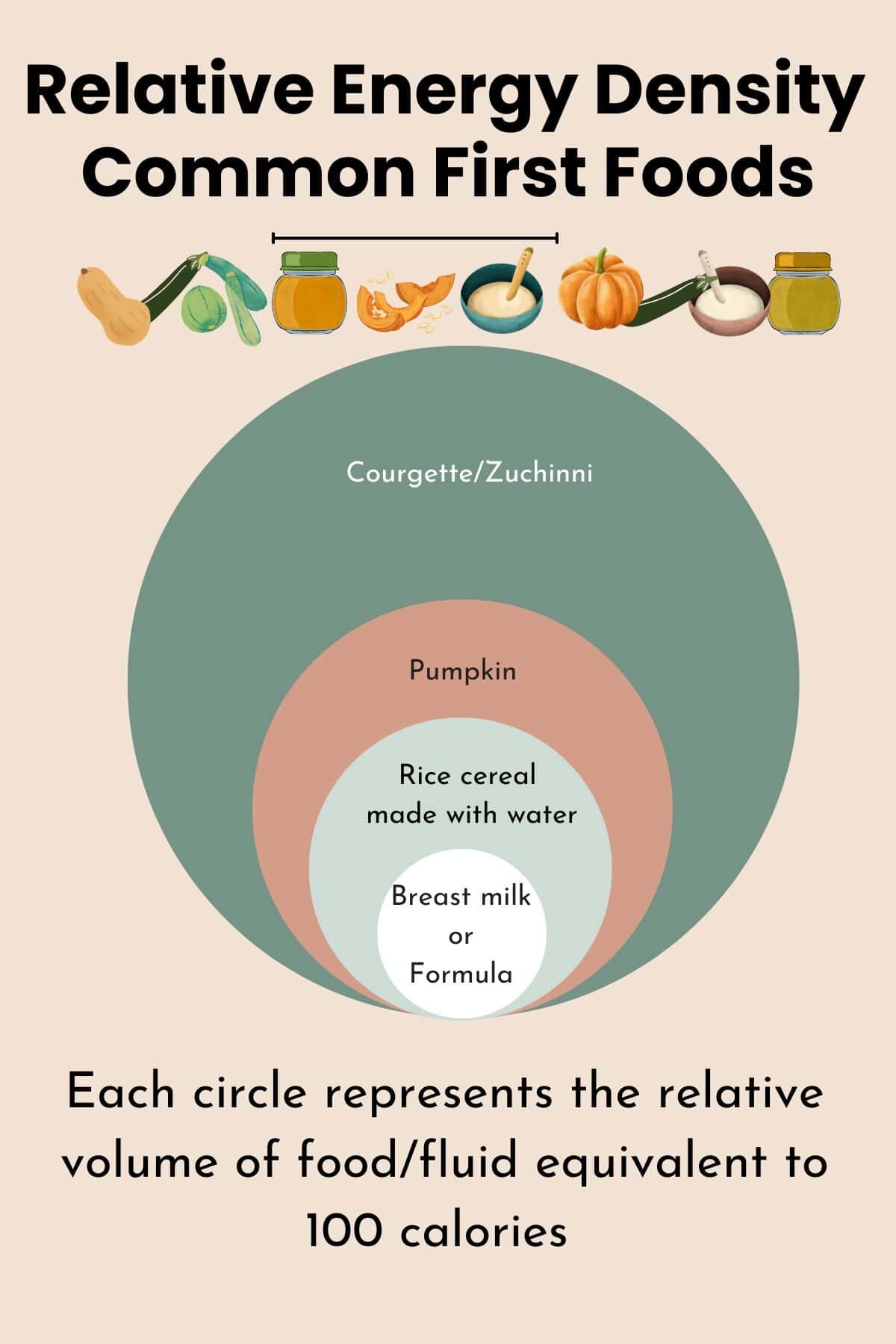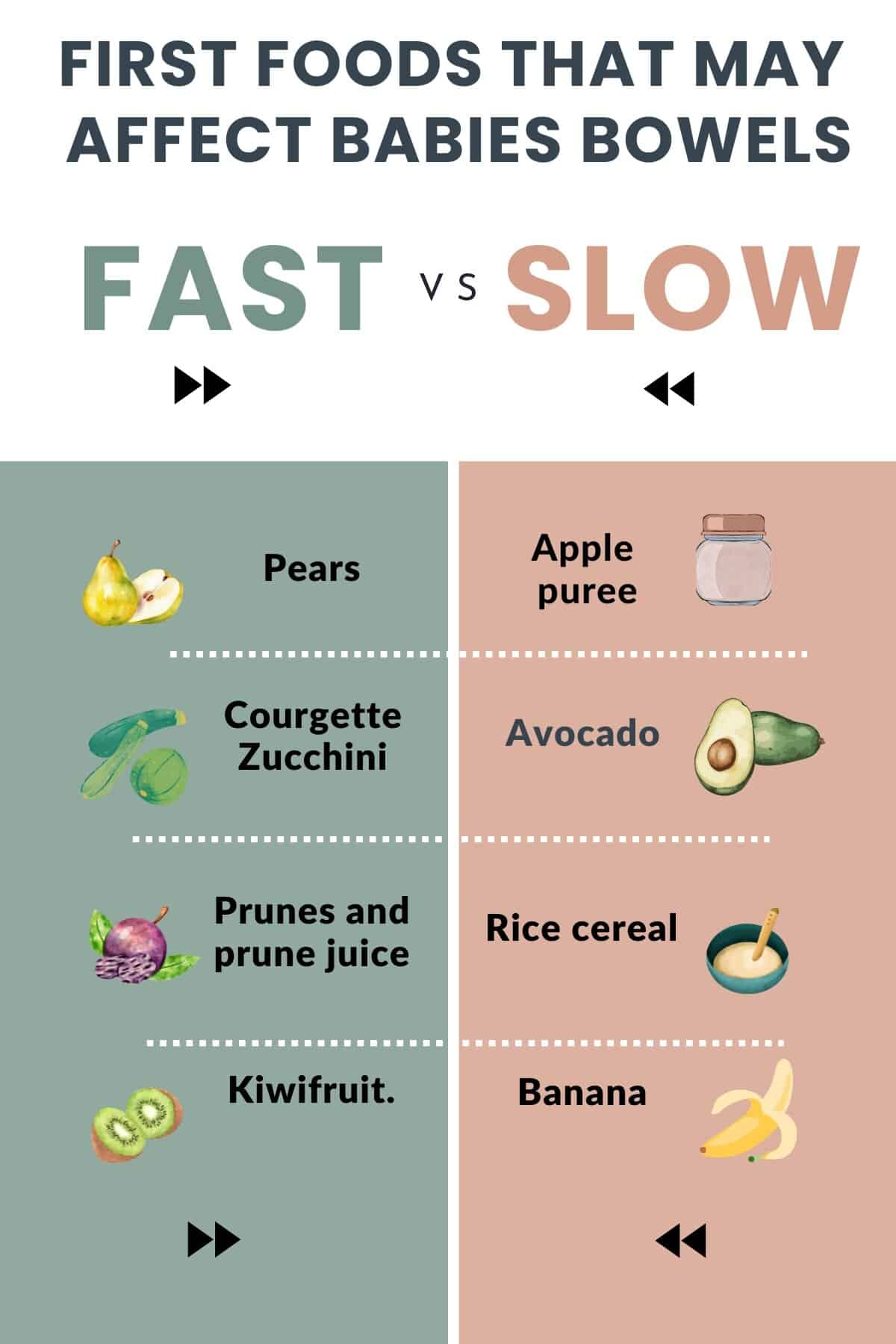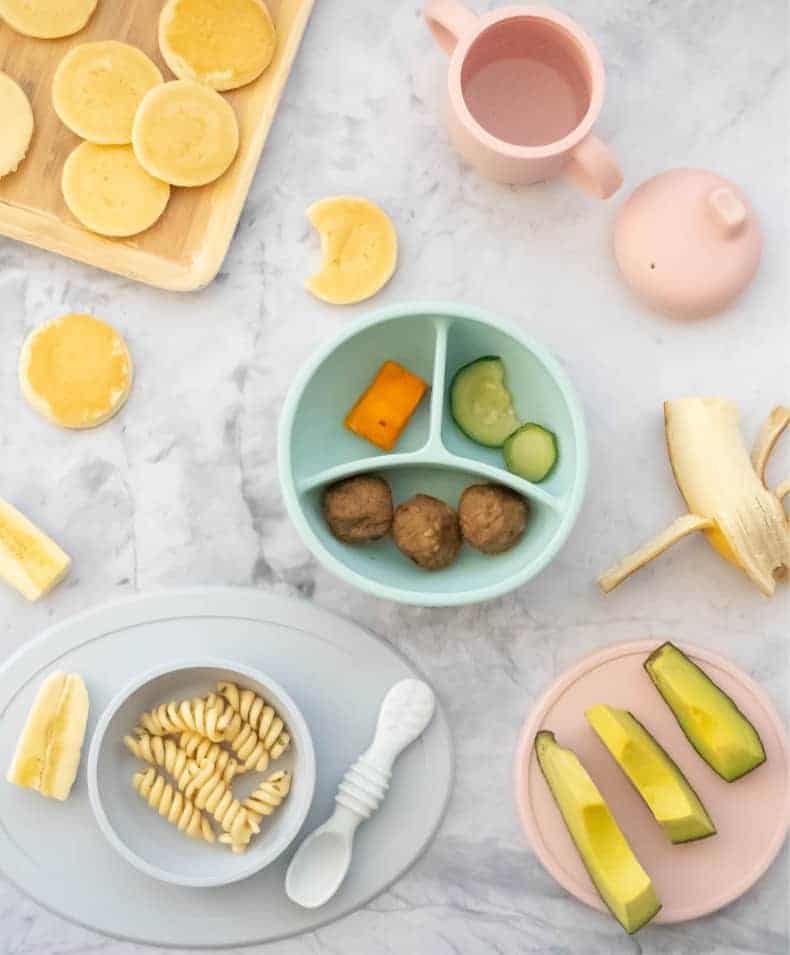Why Your Baby’s Sleep Gets Worse After Starting Solids — And What to Do About It
Many of us assume that once our baby starts solids, it’s going to be a game-changer — like a magic sleeping tablet in food form. Unfortunately, that’s not always how it goes. In fact, for some babies, sleep actually gets worse once solids are introduced.
If this has been your experience, you’re not alone. And while it’s frustrating, it often makes sense when we dig a little deeper.
4 Baby Sleep Scenarios After Starting Solids
Let’s start by recognising the four main situations parents tend to find themselves in:
- Your baby was sleeping well and continues to sleep well
- Your baby was sleeping badly and now sleeps well
- Your baby has never slept well and still isn’t
- Your baby was sleeping well — and now suddenly isn’t
If you’re in group 1 or 2 — amazing! No need to read further unless you’re curious.
But if you fall into group 3 or 4… yep, it sucks. But keep reading — I’ve got some thoughts that might help.
5 Reasons Your Baby’s Sleep Gets Worse After Starting Solids
1. Timing: Solids vs Milk Feeds
Solids should complement milk feeds, especially before 9 months. They’re sometimes called “complementary foods” for a reason — they are meant to add to, not replace, breast milk or formula.
To protect sleep and nutrition:
- Always offer a milk feed first
- Wait 30–60 minutes before offering solids (closer to 30 minutes for younger babies)
- Let baby eat until satisfied, but don’t push solids
- Avoid offering solids again until after the next milk feed
If solids replace milk feeds too early, total calorie intake may drop — and night waking for feeds might increase.
2. Quantity vs Quality of Solids
It's tempting to track progress by the spoonful:
“She ate 3 tablespoons!”
“He polished off a full bowl!”
But many first foods are low in energy (even if high in nutrients). Babies can end up with full tummies but low overall energy intake, especially if those solids are replacing milk.

Tips for boosting food quality:
- Add calorie-dense options like avocado, kumara/sweet potato, or banana
- Enrich rice cereal with milk or formula
- Move beyond single-food meals — include fats, carbs, and proteins
- Use full-fat dairy, legumes, meat, chicken, fish, or nut butters (as age-appropriate)
If milk feeds drop quickly after starting solids, chances are timing and energy density are the culprits.
Energy Dense Spoonable First Foods
3. Curiosity Distracts from Feeding
Solids typically start around 4–6 months — the same time your baby becomes super curious about the world. This can mess with daytime milk feeds.
Distracted feeding = shorter feeds = more night wakes.
Ways to help:
- Try feeding immediately after waking
- Feed in a quiet, darkened space
- If feeds were disrupted while out and about, offer a “top-up” when you get home
This isn’t about the solids themselves — it’s developmental. But it can still affect sleep.
Save This Recipe!
4. Digestive Changes and Tummy Discomfort
Starting solids can be a bit of a shock to a baby’s digestive system — especially if they’ve only ever had breast milk. It's common to see:
- Slower bowel movements
- Thicker, more formed stools
- Mild tummy discomfort
This adjustment is usually short-lived, but babies may temporarily wake more due to discomfort.
Tips to support digestion:
- Always offer water with meals and snacks
- Be aware of foods that “slow” vs “speed” digestion (e.g., banana vs pear)
- Balance high-fibre foods with enough fluid and fat
If you're worried something's not right, always check with a healthcare professional.

5. It’s Not About Food at All
Sleep disturbances often coincide with developmental changes. Starting solids might just happen at the same time as:
- Rolling, crawling, or sitting up
- Separation anxiety
- Nap transitions or overtiredness
And sometimes, poor sleep isn’t about development or food — it’s about sleep skills.
If your baby relies heavily on you to fall asleep (e.g. rocking, feeding, patting), and they’ve never slept well, solids alone won’t fix it.
Final Thoughts from a Mum and Nutritionist
As a mum of four (all close in age!) and someone with a background in Human Nutrition, I know how hard feeding and sleeping can be — and how emotional it all feels when you're tired and trying your best.
If you're struggling, I hope this helped make sense of what might be going on. Most of all, know that you're not doing anything wrong — babies are just complicated little humans!


I wish you’d written (and I’d seen) this article about 9 months ago!! My son has mostly outgrown his reflux now, but while it was never as bad as some babies’, it did severely affect him. He lost weight for 2 months, and we’re STILL (9 months old!) working on a nap schedule.